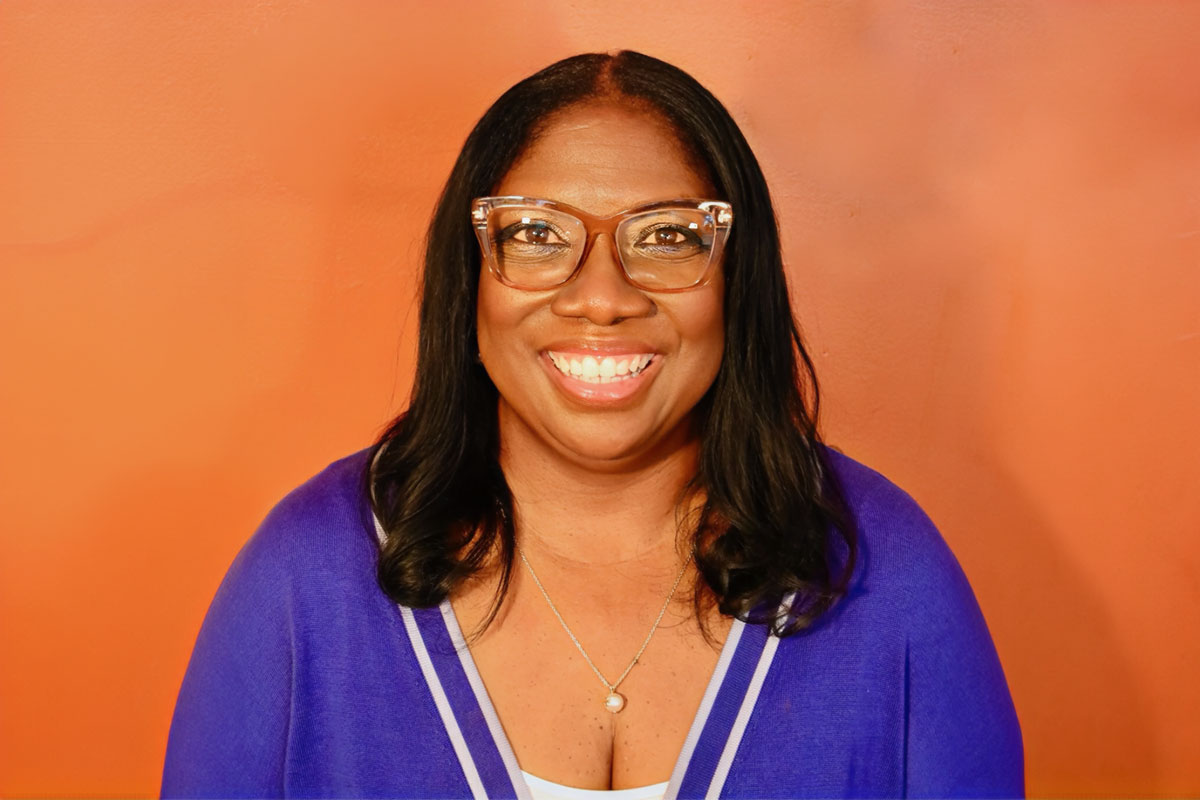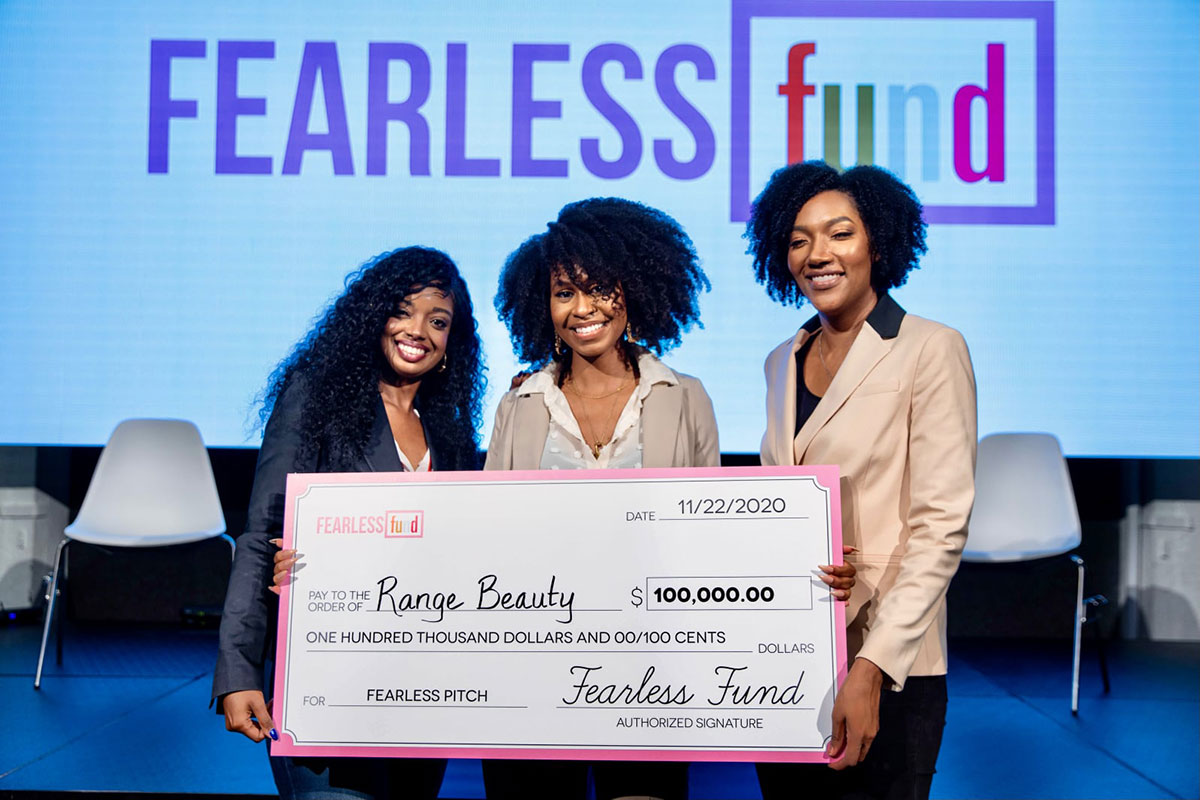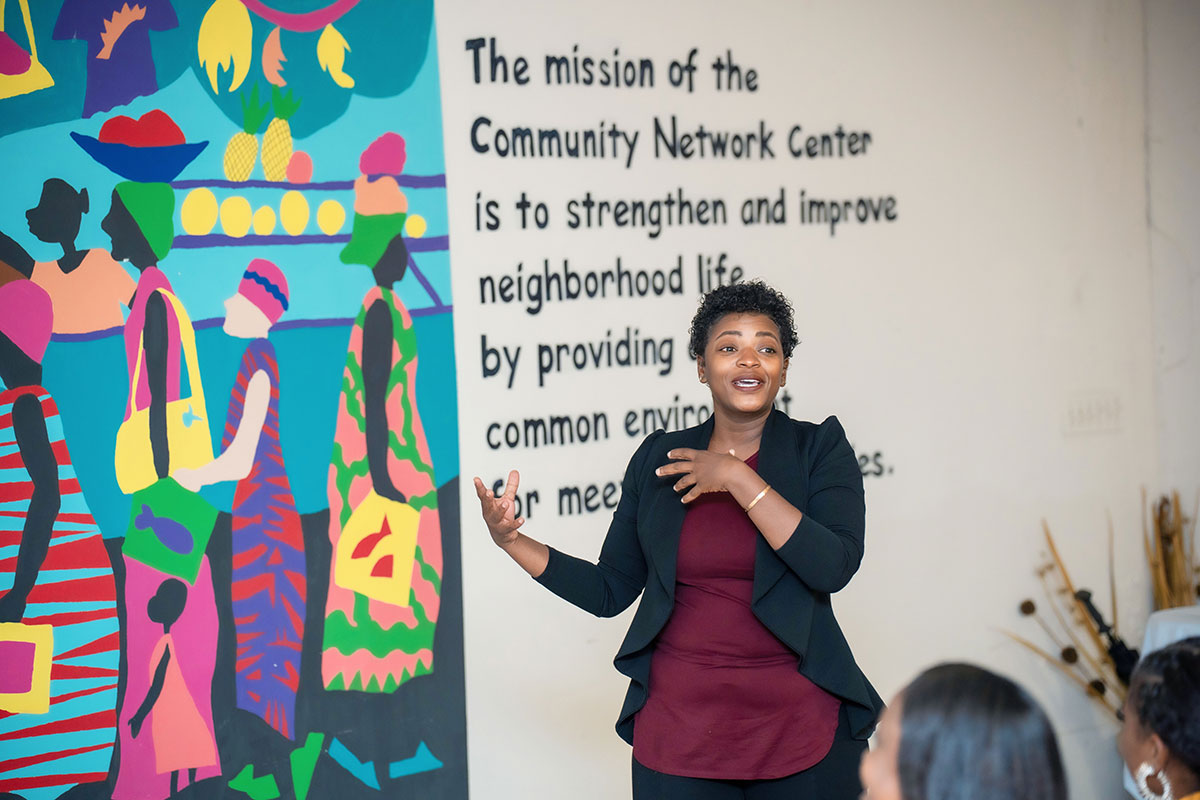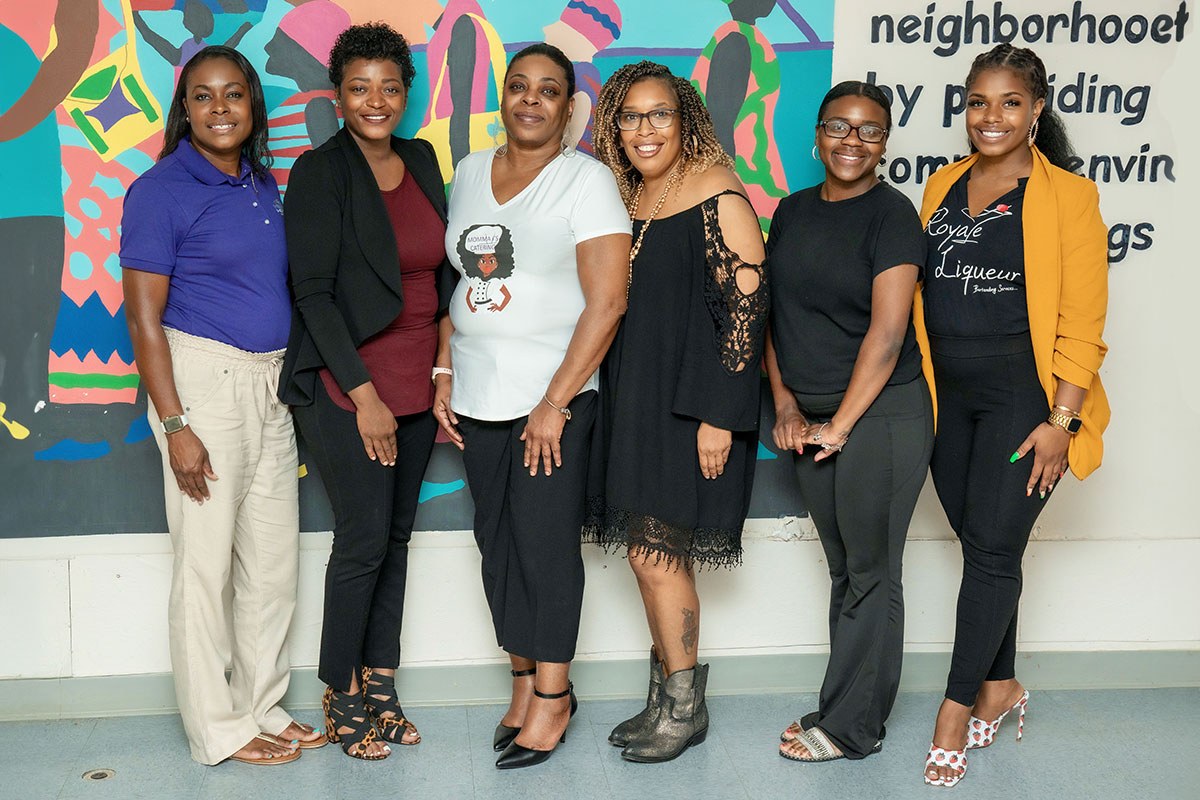Kimberly Hilliard is passionate about neighborhood transformation. She is a former engineer and aviation planner who moved to Jackson, Miss., in 2000 to work on urban regional planning.
“I had a vision for transformation in BIPOC communities,” she told the Mississippi Free Press. “I was particularly interested in how HBCUs could play a role in that transformation.” That interest led her to work for several years facilitating development, revitalization and affordable-housing projects at Jackson State University.

After leaving Jackson State in 2018, Hilliard started her own research and consulting business where she manages budgets and fundraising campaigns. She started writing grants at the beginning of the COVID-19 pandemic and was shocked to see how the pool of funding for small businesses, both in Mississippi and nationally, grew in such a short period of time.
“Specifically within the Black community, there was an increased interest in start-up funds for minority businesses,” she said. “It’s something I’ve never witnessed before.”
Hilliard now holds the roles of both president and CEO of the Center for Social Entrepreneurship, which unveiled its third cohort of new entrepreneurs trained through the iVillage Legacy Project on Sept. 12, 2023. The iVillage is a project, funded by a 30-month grant from the W.K. Kellogg Foundation, that emphasizes intergenerational connectivity and innovation with the intention of eradicating systemic and generational poverty and making West Jackson a community where people can live, work and shop.
The six trainees presented their business ideas: a grief counseling nonprofit, an arts after-school program, a mobile bartending service, a catering service, an online fashion boutique and a commercial cleaning service.
“Our goal is to create generational wealth,” Hilliard said. “We believe that if you build up the individual, it strengthens the family.” The iVillage encompasses an area bordered by the Jackson State University Parkway, Rose Street, West Capitol Street and Prentiss Street; the program is available to west Jackson residents who are 18 or older. For 10 weeks, small-business developers from JSU serve as mentors and coaches, training participants on the A-to-Z of launching a business—including startup training, financial-literacy building and soft-skills training covering topics like having confidence in their businesses and adapting to issues as they pursue self-employment.
A National Surge in Black-Women-Owned Businesses
All six of the new entrepreneurs in the September iVillage cohort were Black women. Although Black business ownership dropped at the beginning of the COVID-19 pandemic, Black-women-owned businesses specifically have surged across the United States in recent years.
In 2021, Gusto and the National Association of Women Business Owners conducted a survey of 1,199 women business owners across various industries revealing that nearly half of businesses started in America during the first year of the pandemic were minority-owned.
While recent years have seen a resurgence of new Black-women-led businesses, the rate of venture capital funding for these businesses actually dropped in 2023. This decrease is in stark contrast to the spike in available funds Hilliard saw open up in 2020.
Earlier this year, CNBC reported that “while overall VC funding dropped by 36% in 2022 as inflation and interest rates surged, financing for Black businesses saw a steeper drop of 45%, according to the Crunchbase data. That drop is the largest year-over-year decrease Black entrepreneurs have seen over the past decade.”
Hilliard said that getting access to capital is a unique challenge Black entrepreneurs face when going into business for themselves.
“Many of the business loans ask that you be creditworthy,” she explained. “So if you do not have the ability to pay for initial start-up costs but have a poor credit score, it can be challenging. We help them find alternatives to getting bank loans.”

Recently, venture-capitalist funds that solely support Black-women-owned businesses have faced increased scrutiny. The U.S. Supreme Court’s June decision overturning affirmative action in college admissions has led to a domino effect shaking up diversity, equity and inclusion initiatives in the private sector. On Sept. 30, two Trump-appointed U.S. circuit court judges in Atlanta, Ga., barred the Fearless Fund, an investment fund that solely provides grants for businesses led by women of color, from continuing its work.
The American Alliance for Equal Rights, an organization legal consultant and white conservative advocate Edward Blum created that is “dedicated to challenging distinctions and preferences made on the basis of race and ethnicity,” filed a lawsuit in August alleging that the Fearless Fund violates Section 1981 of the Civil Rights Act of 1866.
Despite national trends, with the help of funders, Jackson’s Center for Social Entrepreneurship continues to support people who want to start their own businesses. Throughout the 10-week program, participants receive a weekly stipend to cover expenses that may come up as well as an investment to use toward marketing, creating a website, legal documentation or other start-up costs.
Even if they do not become full-time entrepreneurs, Hilliard said self-employment opens up additional streams of income for women in particular, who are often the sole providers for their families.
“We are training younger, Black, emerging entrepreneurs,” she said. “Our youngest was an 18-year-old who said she had no desire to ever work for someone else. Our oldest was a 62-year-old who wanted to start a business as a legacy for her family.”
Hilliard believes in the benefits for entrepreneurs that come with starting businesses in their local communities.
“Not only are you providing retail and commercial opportunities for residents to easily access, but you’re also increasing the tax base,” Hilliard said. “In whole, it speaks to a whole Jackson. I’m hoping that more and more we will see entrepreneurs throughout the city of Jackson.”
‘A Breath of Fresh Air for West Jackson’
Chiquita Willingham, one of the six women who made up the iVillage Legacy Project’s September 2023 cohort, is a native of Jackson. Her grandparents, James Lewis and Sarah Walker Lewis, inspired her to start a business that would support young people from unstable home environments.
“My grandparents raised me, and the home was always open to people who needed food or clothes,” she told the Mississippi Free Press. “I noticed early that many other kids weren’t raised in the type of environment that I was. I started to bring friends from troubled homes to my house to help them.”
Willingham said her grandmother, whom she called ‘mama’ growing up, accepted many of her peers into the home—feeding, clothing and sometimes housing them for a period of time.

“I had friends that would run away or were abused by their parents,” Willingham said. “I would bring them home and ask my mama if they could stay with us. She would say, ‘Yes, just bring them over. We’ll figure it out.’ I had a couple friends who stayed for maybe a month, some friends stayed for six months. I had one friend who stayed from her sophomore year until she graduated from high school.”
Willingham started her after-school arts program, The WLB (Walker, Lewis, Brown) Academy of the Arts, in 2019 to give youth an outlet to express themselves creatively. The academy implements arts programs, yoga, meditation and other wellness strategies to help young people regulate their emotions.
She said that even though some iVillage Project participants faced personal challenges throughout the 10-week program, staff at the Center for Social Entrepreneurship helped them stay motivated to pursue their dreams of self-employment.
“The biggest (challenge) was to keep going,” Willingham said. “They were so good about making sure that even if you feel like the business is not going the way you think it should, it’s not a failure. You have to get back up and fight for your business. They made sure to let us know you have to put in the work, it’s not going to happen overnight. Entrepreneurship is not easy.”

For Willingham, the challenges are worth it, she said, as entrepreneurs can play a key role in revitalizing the West Jackson community.
“I would like to see Jackson as a community again,” the entrepreneur said. “Small-business owners must lead and take initiative to build the community back up—come together and provide a sense of community. We can tell people that there’s options to get out of a situation.”
The Jacksonian sees that intention in the work being done at the Center for Social Entrepreneurship.
“The iVillage program is a breath of fresh air for the community,” she said. “They’re going to help rebuild the community by building up businesses in west Jackson. I pray this program stays around for a long time and that they can help more entrepreneurs.”
Willingham’s sentiment reflects what Hilliard has in mind. The Center for Social Entrepreneurship’s next cohort of iVillage Legacy Project trainees will begin the 10-week program on Oct. 31, 2023. She hopes the program can continue to energize west Jackson residents like Willingham and reverberate throughout the city.
“I moved here 23 years ago, and everyone talked about Jackson’s potential,” Hilliard said. “My dream would be that we realize our potential to the highest level. For the community that I serve, in 10 years, I’d like to see us known as a community of choice, a place with great schools, a place for artists, some of the blight can be addressed and that seniors feel safe to come out on their porches and children freely play outside.”






